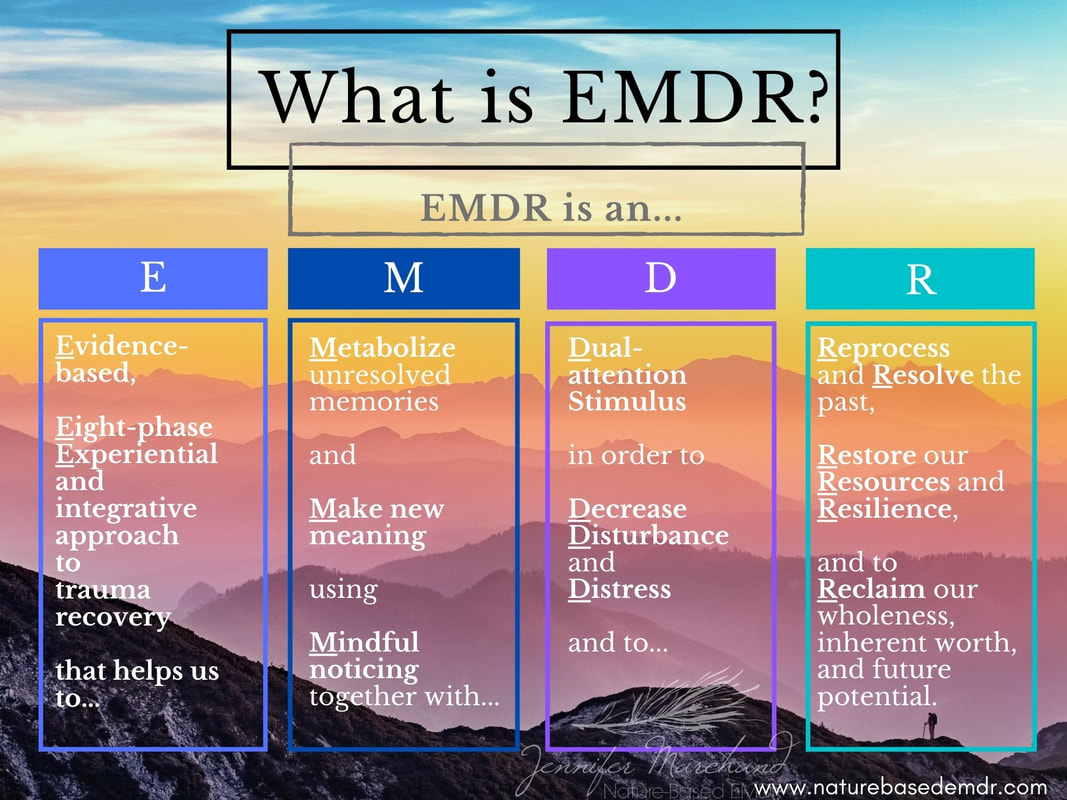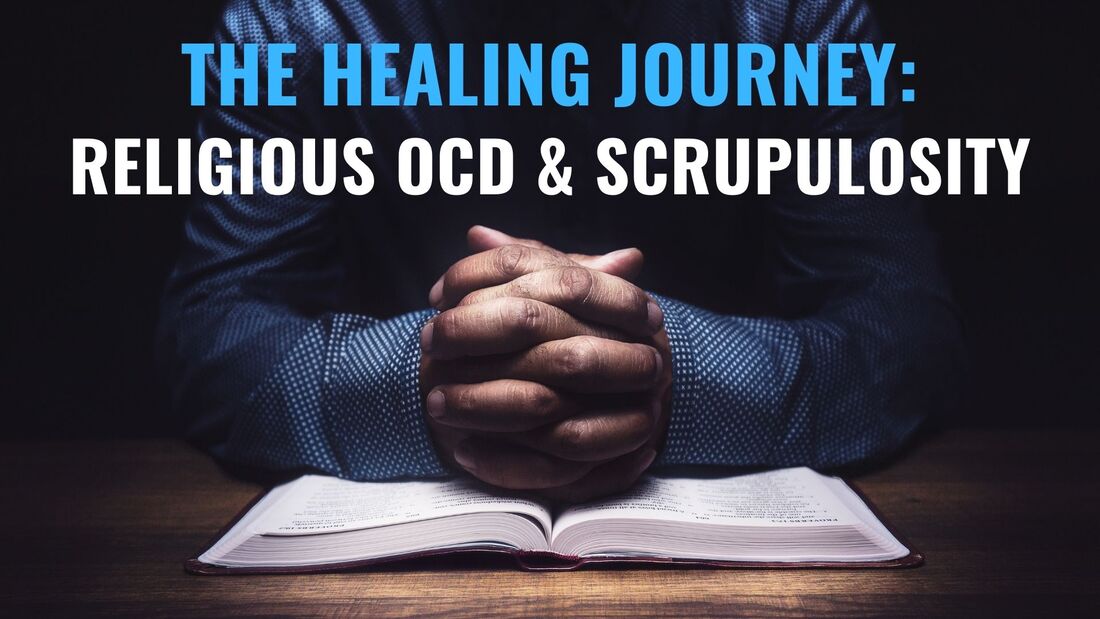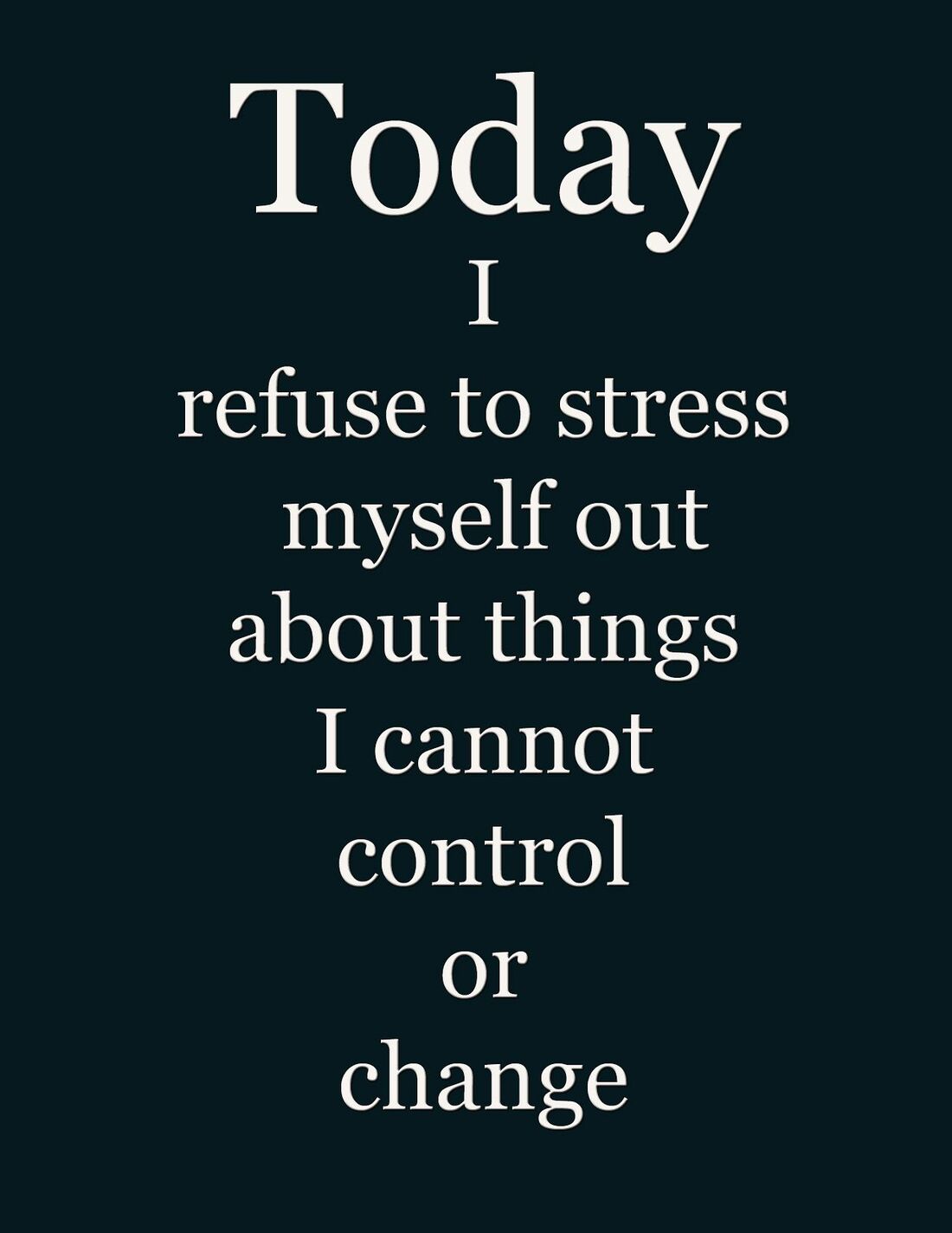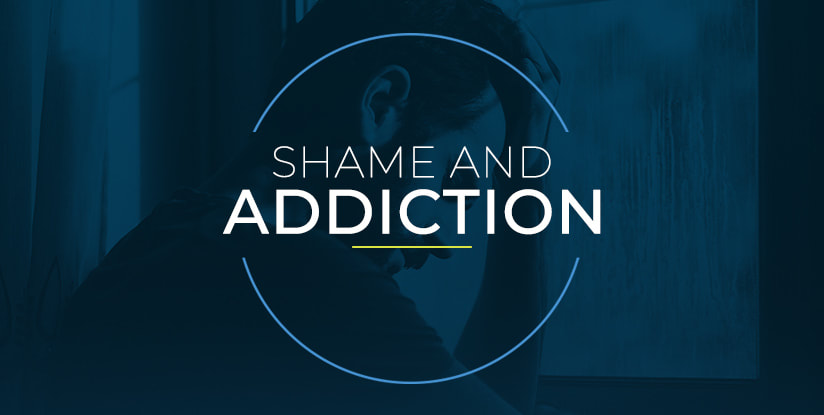|
Jaeger Counseling Blog
A Marriage & Pre-marital Counseling Individual & Family Therapy Resource |
|
As a licensed mental health counselor, one of the conditions that I regularly treat is obsessive-compulsive disorder (OCD). There are a number of subtypes of OCD. One that I regularly encounter especially from the faith community is called Scrupulosity. Scrupulosity is characterized by excessive concern and guilt over moral or religious matters and can have a significant impact on a person's daily life. Individuals with scrupulosity have an intense fear of committing moral or religious sins and constantly worry about their thoughts, actions, and intentions. They may engage in repetitive rituals or seek reassurance from others to alleviate their anxiety. Common fears include, “Have I committed the unpardonable sin”, “ Am I really saved”. I have had clients who have spent hours reciting specific scriptures and prayers and affirming certain beliefs over and over. This constant preoccupation with morality can lead to feelings of guilt, shame, and self-doubt. Understanding scrupulosity requires recognizing that it is not simply a matter of being overly religious or having a strong moral compass. It is a mental health condition that can cause significant distress and impairment in functioning. It is important to approach scrupulosity with empathy and support, rather than dismissing it as excessive religious devotion. Treatment for scrupulosity often involves a combination of therapy and at times medication. Cognitive-behavioral therapy (CBT) can help individuals challenge and modify their irrational beliefs. Exposure and response prevention (ERP) therapy, a specific form of CBT, can be particularly effective in treating scrupulosity by helping to break the patterns of behavior and rituals that are perpetuating the problem. Doing so diminishes and eliminates the intrusive obsessions that cause distress. Medication, such as selective serotonin reuptake inhibitors (SSRIs), may also be prescribed to help manage the anxiety and obsessive thoughts associated with scrupulosity. Many people however are significantly helped with therapy alone. It is important for individuals with scrupulosity to seek professional help from a mental health provider experienced in treating OCD and related disorders. Support from family, friends, and religious leaders can also be beneficial in understanding and managing scrupulosity, however it is important they have an understanding of the nature of the condition. Many well meaning religious leaders and family have offered well meaning direction that is counterproductive and may actually exacerbate the condition. It is important to approach scrupulosity with empathy and understanding, recognizing it as a mental health condition that requires appropriate treatment and support. In addiction to seeking a qualified mental health professional specializing in treating OCD using ERP, a good starting place can be found at scrupulosity.com. As the holiday season approaches, it's time to take a step back from our daily routines and immerse ourselves in the joy and warmth that this time of year brings. However, for many, the holiday season can also be a source of stress and anxiety. As a therapist, I understand the importance of mental health, especially during this time of year. So, I've decided to share some tips on how to maintain a healthy mind during the holidays.
1. Set Realistic Expectations: The holidays are often portrayed as a time of perfect happiness and family unity. However, this is not always the case. It's important to set realistic expectations for the holidays and understand that it's okay if everything doesn't go as planned. 2. Take Time for Yourself: Amidst the holiday hustle and bustle, don't forget to take some time for yourself. Whether it's reading a book, taking a walk, or simply sitting in silence, taking time to relax and reflect can greatly improve your mental health. 3. Stay Active: Physical activity is a great way to reduce stress and improve mood. Try to incorporate some form of physical activity into your daily routine, whether it's a morning jog, an afternoon walk, or an evening yoga session. 4. Stay Connected: The holidays can sometimes feel lonely, especially if you're unable to be with your loved ones. Make an effort to stay connected with your friends and family, whether it's through phone calls, video chats, or even handwritten letters. 5. Seek Help if Needed: If you're feeling overwhelmed by holiday stress or depression, don't hesitate to seek help. Reach out to a mental health professional who can provide you with the support and guidance you need. Remember, the holiday season is a time for joy and relaxation, not stress and anxiety. By following these tips, you can ensure that your mental health remains a priority during this festive season. When setting boundaries it is vital that it be done with with love and respect. It's not about shutting people outen we set and respect boundaries, we create a life that aligns with our values and priorities.Boundaries are essential in every aspect of our lives. They define who we are and how we interact with others. They are the invisible lines that protect our mental, emotional, and physical well-being. As renowned psychologist Dr. Henry Cloud aptly puts it, “Boundaries define us. They define what is me and what is not me. A boundary shows me where I end and someone else begins, leading me to a sense of ownership.” This sense of ownership is crucial in maintaining healthy relationships and a balanced life. It allows us to take responsibility for our actions and emotions, and not those of others. It empowers us to say no when necessary and to protect our space and energy. However, setting boundaries is not always easy. It requires courage, self-awareness, and the willingness to sometimes disappoint others. As Lisa TerKeurst, the president of Proverbs 31 Ministries, says, “The decisions you make determine the schedule you keep. The schedule you keep determines the life you live. And how you live your life determines how you spend your soul.” In other words, when we fail to set boundaries, we risk spreading ourselves too thin, leading to stress, burnout, and a life that feels out of control. On the other hand, when we set and respect boundaries, we create a life that aligns with our values and priorities. When setting boundaries it is vital that it be done with with love and respect. It's not about shutting people out but about creating a healthy space for relationships to thrive. As TerKeurst puts it, “We must not confuse the command to love with the disease to please.” Boundaries are not walls but bridges that connect us to our true selves and to others in a healthy and respectful way. They are the foundation of a balanced life and healthy relationships. When settingPower of Boundaries Boundaries are essential in every aspect of our lives. They define who we are and how we interact with others. They are the invisible lines that protect our mental, emotional, and physical well-being. As renowned psychologist Dr. Henry Cloud aptly puts it, “Boundaries define us. They define what is me and what is not me. A boundary shows me where I end and someone else begins, leading me to a sense of ownership.” This sense of ownership is crucial in maintaining healthy relationships and a balanced life. It allows us to take responsibility for our actions and emotions, and not those of others. It empowers us to say no when necessary and to protect our space and energy. However, setting boundaries is not always easy. It requires courage, self-awareness, and the willingness to sometimes disappoint others. As Lisa TerKeurst, the president of Proverbs 31 Ministries, says, “The decisions you make determine the schedule you keep. The schedule you keep determines the life you live. And how you live your life determines how you spend your soul.” In other words, when we fail to set boundaries, we risk spreading ourselves too thin, leading to stress, burnout, and a life that feels out of control. On the other hand, when we set and respect boundaries, we create a life that aligns with our values and priorities. When setting boundaries it is vital that it be done with with love and respect. It's not about shutting people out but about creating a healthy space for relationships to thrive. As TerKeurst puts it, “We must not confuse the command to love with the disease to please.” Boundaries are not walls but bridges that connect us to our true selves and to others in a healthy and respectful way. They are the foundation of a balanced life and healthy relationships.boundaries it is vital that it be done with with love and respect. It's not about shutting people out but about creating a healthy space for relationships to thrive. As TerKeurst puts it, “We must not confuse the command to love with the disease to please.” Boundaries are not walls but bridges that connect us to our true selves and to others in a healthy and respectful way. They are the foundation of a balanced life and healthy relationships.but about creating a healthy space for relationships to thrive. As TerKeurst puts it, “We must not confuse the command to love with the disease to please.” Boundaries are not walls but bridges that connect us to our true selves and to others in a healthy and respectful way. They are the foundation of a balanced life and healthy relationships. In an age where most marriages end in divorce, it takes a couple intentionally investing in their marriage to beat the odds. Our kids have watched us going to marriage retreats, participating in marriage classes, teaching marriage curriculum and attending home fellowships since they were small. This year they joined us with their spouses (and 1st grand baby) at the Ritz Carlton Naples for our annual Marriage Retreat. We are so excited to see the next generation carry the torch! Pornography viewing/addiction can have significant effects on a relationship. Here are some of the potential effects of pornography viewing/addiction on a marriage:
It's important to remember that this can be a complex issue that requires professional help and support to overcome. If pornography viewing/addiction is negatively affecting a relationship, seeking couples therapy and individual therapy for the addicted partner can be beneficial. Open and honest communication is crucial for addressing the issue and finding solutions that work for both spouses. Recovery from pornography addiction is possible, but it often requires time, effort, and a willingness to change. Emotional safety in a relationships is crucial for a healthy and thriving relationship. It involves creating an environment where both partners feel comfortable expressing their thoughts, feelings, and vulnerabilities without fear of judgment or reprisal. Here are some tips to promote emotional safety in a marriage: **Open Communication**: Encourage open and honest communication. Listen actively and try to understand your partner's perspective. **Express Empathy**: Show empathy towards your partner's feelings and experiences. Validate their emotions, even if you may not fully understand them. **Avoid Blame and Criticism**: Instead of blaming or criticizing, focus on expressing your feelings using "I" statements. For example, say "I feel hurt when..." rather than "You always..." **Respect Boundaries**: Recognize and respect each other's boundaries. Understand what makes your partner feel comfortable and safe. **Be Trustworthy**: Keep your promises and maintain trust. Honesty and reliability are key components of emotional safety. **Avoid Gaslighting**: Gaslighting is a form of emotional manipulation where one person tries to make the other doubt their own perceptions or reality. Avoid this behavior at all costs. **Support Each Other**: Be there for each other during both good times and bad. Offer encouragement, comfort, and reassurance. **Seek Professional Help if Needed**: If you're struggling to create emotional safety in your marriage, consider seeking the help of a therapist or counselor who specializes in relationships. **Practice Self-Care**: Taking care of your own emotional well-being is crucial for creating a safe environment in the relationship. When you're feeling balanced, you're better equipped to support your partner. **Celebrate Each Other's Successes**: Show appreciation and celebrate each other's achievements, no matter how big or small. Remember that creating emotional safety is an ongoing process that requires effort from both partners. It's important to be patient and understanding with each other as you work towards building a stronger and more secure relationship. This is a unique time where we get to witness their growth, support them, and build a strong bond that lasts a lifetime. Here are some tips to make this journey more fulfilling and successful....
1. Communication is key: keep the lines of communication open with your adult kids. Encourage them to share their thoughts, dreams and concerns. Be an active listener and encourager. 2. Respect their independence: Allow them to make their own decisions, even if they differ from your own. Respect their choices, and offer guidance only when asked, no one likes unsolicited advice. This will help them to develop confidence and learn from their experiences. 3. Maintain boundaries: It is important to maintain a close relationship, it is equally important to respect their personal space, privacy and individuality. Encourage them to pursue their own interests and goals. 4. Be a source of support: Life can be challenging, your adult kids will face obstacles along the way. Be their pillar of support offering encouragement and a listening ear, let them know you are always there when needed. 5. Foster mutual respect: Treat them as equals, acknowledging their opinions and perspectives. Show them the same respect you would expect from them. 6. Celebrate their achievements: Big or small show genuine pride and joy in their accomplishments. This will not only boost their confidence, it will let them know you are their biggest cheerleader. 7. Embrace change: As you kids grow, so will your relationship with them. Embrace the changes that come with adulthood and adapt your role accordingly. According to Jim Burns in his book, Doing Life With Your Adult Children"..the role you play in your children's lives must diminish in order for them to transition from adolescence to responsible adult". Be open to the new dynamics and cherish the evolving bond you share. My wife and I try to make a point to take a trip at least two times a year with our kids. It is a great way to spend quality time with them. When they were teenagers we would take them to theme parks so we stand in line together (undivided attention) and face our fears together, great memories! Doing life with your adult children is a journey. You have the opportunity to create a strong foundation for a lifelong relationship that brings you both joy and fulfillment. If you or anyone you know would benefit from help in navigating these transitions we would be happy to to be of assistance at Jaeger Counseling. "Be nice to your adult children. They will most likely be the ones who someday take away your car keys and usher you into the convalescent care facility". Jim Burns. Doing Life With your Adult Children Shame is real.
It impacts our thinking, our behaviors, and our relationships. It plays a significant role in addiction and compulsive behaviors with pornography, alcohol, drugs, depression, anxiety, ongoing anger, and other unwanted behavior in our lives. Shame lies to us about our identity, who we are and who we are called to be. We need to call out shame’s lies so we can truly find freedom from struggles. |
Norman Jaeger
|










 RSS Feed
RSS Feed